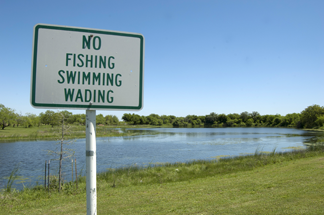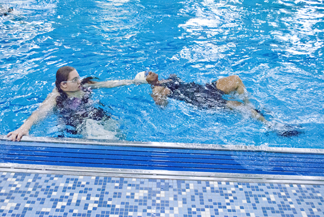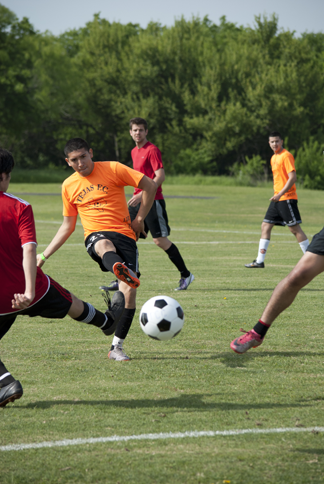By Miranda Workman/reporter
Balancing family, school and work can be difficult, but a South Campus audience was shown April 3 how to use their time wisely.
South Campus student activities staff member Mishuna MacDonald gave tips on Time Management.
“What you put in it is what you get out,” she said.
She offered pointers on how to avoid what she called the “top time wasters.”
MacDonald’s first time waster was lack of planning, prioritizing and focus.
“Without these,” she said, “you’ll find yourself drifting and working in a scattered and disjointed way and not spending time on what’s most important to you.”
To achieve success and get every task done, a well-thought-out plan is the solution, she said.
MacDonald also recommended investing in a planner and taking it a couple of days at a time.
“Try to stick with your plans in your planner for two days, then gradually add days,” she said. “After a while, you will have a habit of sticking to your activities in your planner.”
MacDonald’s next time waster was procrastination. Filling one’s time with activities not crucial to one’s daily life, she said, will lead to tasks not being completed and a strain on one’s work. Staying on task, she said, will bring about better time management.
Her next point was interruption.
“This may be the telephone, people dropping into your office, unanticipated events or visitors — anything that stops what you are doing,” MacDonald said. “Interruptions prevent you from being focused. They pull away from important things at the moment.
“Time is wasted when you allow different areas of your life to overlap into each other. Focus and time are lost when you allow your work and personal life to interrupt each other.”
Lack of delegation is another huge time waster, MacDonald said.
“It’s a real waste of time to think you need to do everything and no one ever does it as good as yourself,” she said. “You will end up doing too much and having insufficient time to focus only on what you are really good at, your gifts, strengths and abilities.”
Telephone, email and Internet are other big time wasters, she said. One needs to set a time and space for “quiet time and work time,” she said, so that all tasks are completed.
Students who are parents can create a time where both the parent and child are doing their schoolwork at the same time, she said. That way there are “zero interruptions and everyone is getting their work done.”
MacDonald strongly emphasized the need for balance among all the important things in one’s life.
“When the pie is gone, it’s gone,” she said.
One should set time frames for events, try not to take in too many things at once and, above all, breathe, MacDonald said.
The audience was given some simple tasks and questions while being timed. Some finished within the time frame while others took their time and did not finish.
“It’s what amount of time you put in to get a good quality,” MacDonald said. “While taking your time is great, we are all on a timeline.”
Students should take time with activities, assignments and anything else, she said, but leave enough time for other day-to-day tasks.
MacDonald’s final topic was habit. If one wakes up 30 minutes before class every day for a month, for example, it is no longer choice, she said, but habit. One must break such habits to get everything done in time, she said, and when one does balance everything and achieve success, “you must always reward yourself.”
“If you set your mind to it, you will be able to achieve it with these tips on time management,” she said.
























